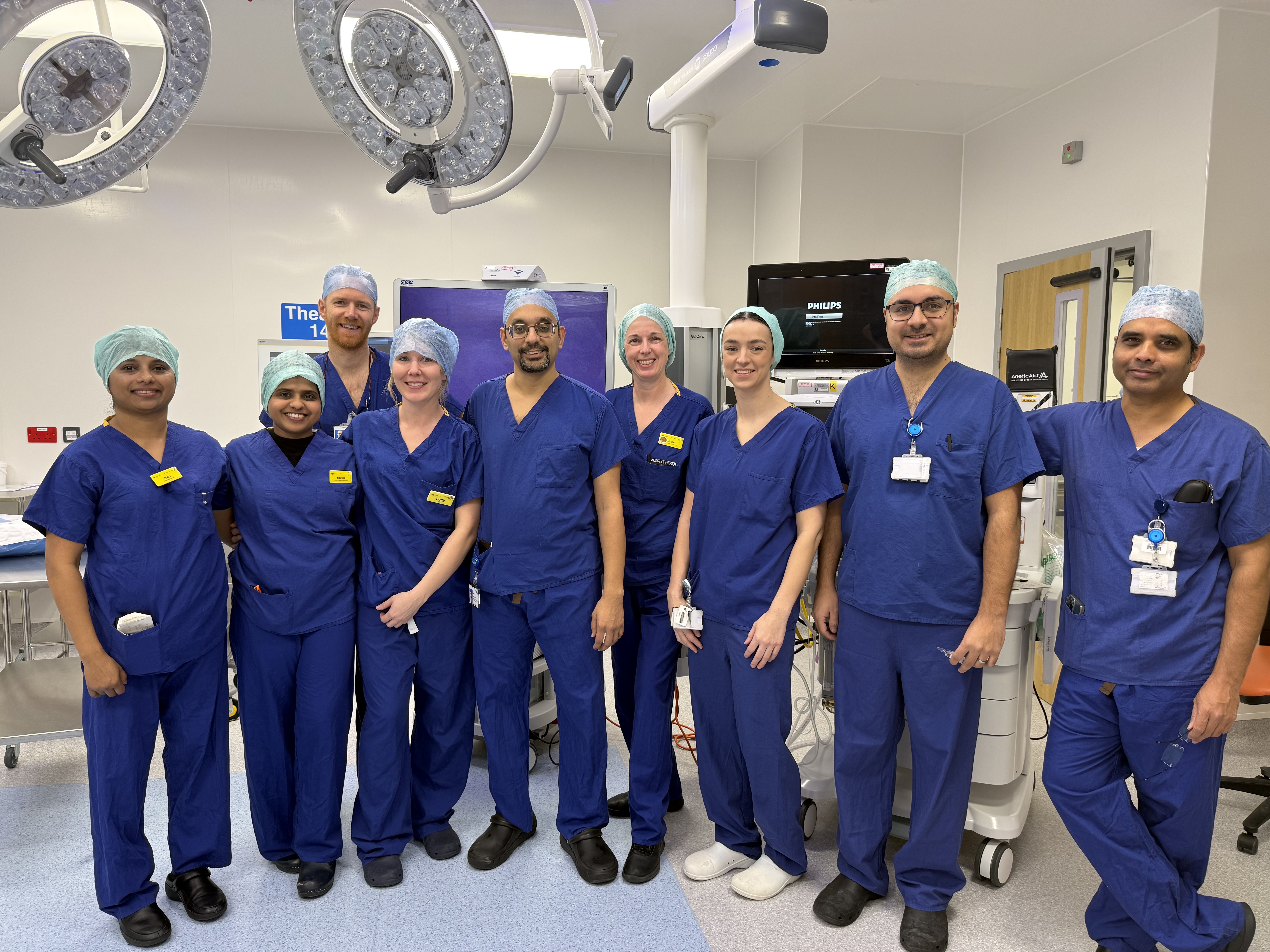The think-tank projects the elective waiting list will fall to 4.7m, with 92% of cases waiting less than 20.3 weeks by July 2029 - a ‘significant achievement' but still short of the Government's target, it said.
Dr Francesca Cavallaro, senior analytical manager at The Health Foundation, said: ‘This will require not just more activity, but smarter use of resources and continued investment in the NHS workforce and infrastructure. And there are several factors that could hold back progress, including if future referrals rise faster than expected and the potential impact of further industrial action.'
The Health Foundation highlighted that reaching the target would be dependent on removing people from the waiting list at a faster rate than new patients being referred to it. Over the past year, referrals onto the waiting list increased by 1.5%, while removals grew by 2.3%. As a result, Labour's first year in office saw the percentage of cases waiting less than 18 weeks up from 58.8% to 61.3%, as the total waiting list fell by 220,000, from 7.6m to 7.4m.
The think-tank also predicted that Labour would fall short on its three interim March 2026 targets: with the percentage of people waiting less than 18 weeks forecast at 63.4% (against target 65%); only 38% of trusts are on track to deliver a 5 percentage point improvement on 18-week waits; and the proportion of 52 week waits falling to 2.2% (against 1% target).
Reaction
Tim Mitchell, president of the Royal College of Surgeons of England, said: ‘While there are signs NHS trusts are inching closer to meeting the 18-week target, it is too early to be confident about definitive progress. Some of the recent falls in waiting lists may simply reflect "unreported removals" rather than more patients receiving treatment.'
Rory Deighton, acute and community care director at the NHS Confederation, said: ‘With a bit of luck and a fair wind behind us this ambitious target could still be achievable, even if it is clear that it will require continued hard work and dedication.'
Deighton warned the target would not be reached without investment in the crumbling NHS estate, however.
Daniel Elkeles, chief executive of NHS Providers, said the projection, combined with improving productivity, showed the NHS was ‘on the up', adding ‘it's a huge task, and too soon to say if the target for this Parliament will be met'.
A Department of Health and Social Care spokesperson said: ‘In just one year we've delivered over 5m extra appointments and cut waiting lists by 220,000 - and this week's productivity figures show our reforms are working.
‘We've put the NHS on the road to recovery and are pressing the accelerator – with £26bn extra this year, new surgical hubs, more evening and weekend scans, and modern technology to get millions more patients treated on time.
‘Strikes have caused delays to patient appointments. We urge the BMA to work with us, not against us, as we drive down the longest waits from 18 months to 18 weeks and get the NHS back on track.'



